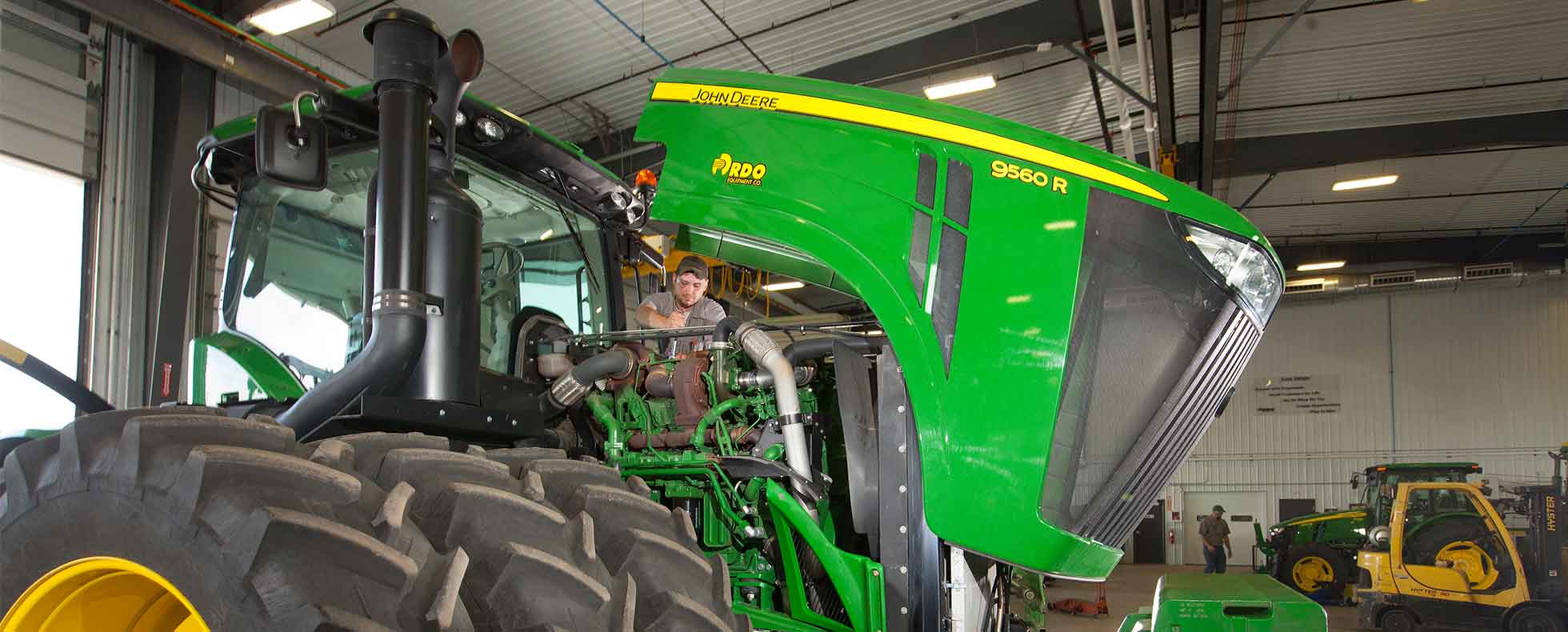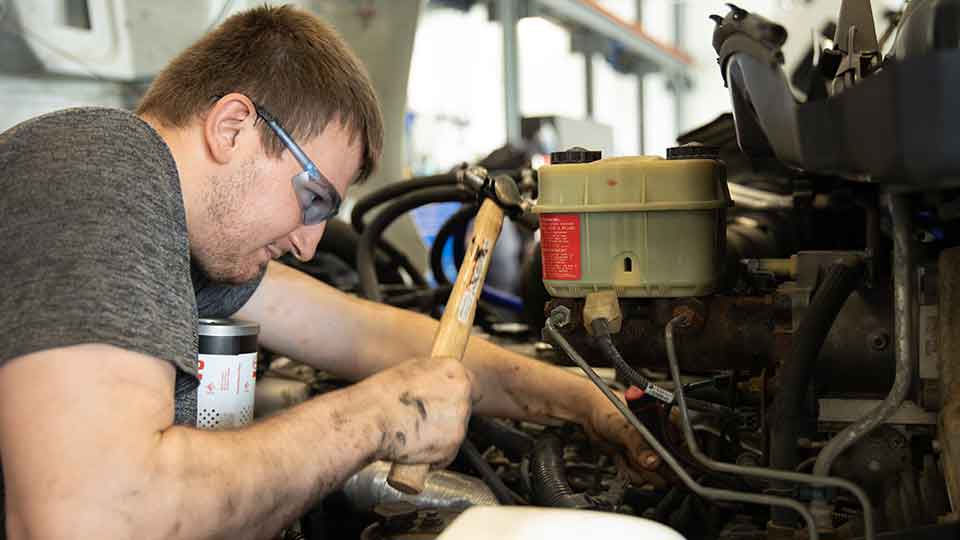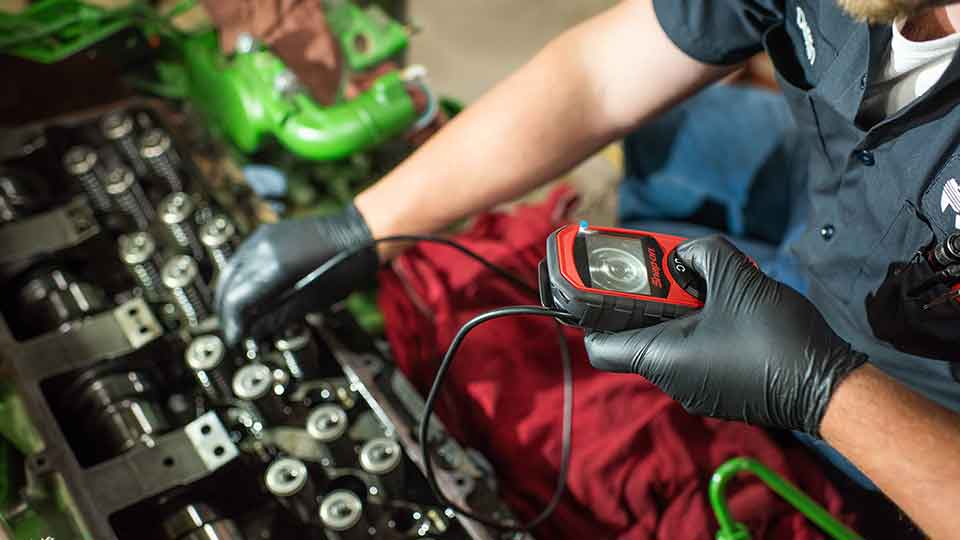
Diesel mechanics can make money in a variety of industries.
From forestry and mining to oil, gas, manufacturing, construction, trucking and agriculture, skilled technicians have plenty of choices for where to apply their abilities.
Depending on the industry you choose and the company you work for, the amount of money you make as a mechanic could change.
The way you’re paid will also fluctuate based on your situation.
Maybe you’ve heard of mechanics earning flat-rate pay instead of an hourly wage and would like to learn more. Or, perhaps you’re wondering how to make a bit more money as a technician and if one of these structures could help you get there.
At RDO Equipment Co., our technicians are paid hourly — a common practice in the heavy equipment industry.
In this article, we’ll explain the difference between hourly and flat-rate pay structures and when one makes more sense than the other.
In most instances, diesel mechanics are paid hourly, earning a steady wage for every hour they work.
This is the most common pay structure in the diesel world. It’s also a great way for technicians of all skill levels and tenure to earn a competitive wage.
Hourly pay has several advantages for diesel mechanics.
First, earning an hourly paycheck is far more predictable than the flat-rate system.
As a technician, hourly pay means you receive the same amount regardless of your productivity. You can predict how much you’ll take home each day, week, month and year. This can help with budgeting, especially since you’re at the mercy of your shop’s workload when earning a flat-rate wage.
The hourly pay system also puts less pressure on you as a technician to work at the speed of sound.
Instead, you can feel better spending time on training, in meetings, working with other team members and mentoring other technicians.
Finally, hourly pay offers the potential to earn more money through overtime pay (after 40 hours in a week or eight hours in a day) when your company offers it.
Earning a rate of time-and-a-half can help you put more money in your pocket when working longer hours.

Flat-rate pay is where a mechanic is paid for the jobs they complete.
This is often a predetermined amount that considers the job's complexity and how much time it should take. Flat-rate pay isn’t common in the diesel mechanic world and is far more prevalent for auto mechanics.
You might be familiar with this pay structure if you’re transitioning from an auto job to a diesel role.
For technicians, flat rate pay can be a good thing.
If you’re a seasoned mechanic who has been performing work on a type of machinery for a long time, you can make more money with this system.
With flat-rate pay, you have a bit more control over your income than you would with an hourly system. Essentially, the more jobs you complete, the more money you make.
For example, if you finish a repair that your shop predicted would take eight hours in four, you get paid the same as if it had taken eight hours. This can add up if you’re able to string these together.
However, flat-rate pay can also cut the other way. It’s not a great system for new(er) technicians or those who take longer to complete repairs.
Getting paid fairly for your work is a big deal. In the diesel world, most companies pay their team members an hourly wage, some pay using a flat-rate system. There are also some hybrid systems which mix a bit of both.
As a mechanic, there are pros and cons to both of these pay structures. In the end, you’ll want to choose the one that aligns best with your background, skills and goals.
If you’re new to the diesel mechanic trade, working for a shop with a flat-rate system might not be the right move. Earning an hourly wage could be better for you.
Here are some more tips for advancing your income as a diesel mechanic. Some of them might even surprise you!

At RDO, we’re committed to helping our team members build a career they’re proud of. This commitment takes many forms, including compensation. RDO is a pay-for-performance employer, meaning that when you do well and the company is profitable, you’ll be rewarded. For technicians, this takes the form of a quarterly profit-sharing program. We also have a tool reimbursement program to help you with this expense.
Learn more about a career as a service technician here.
If you have any questions, fill out our careers inquiry form, and a member of our human resources department will contact you shortly.